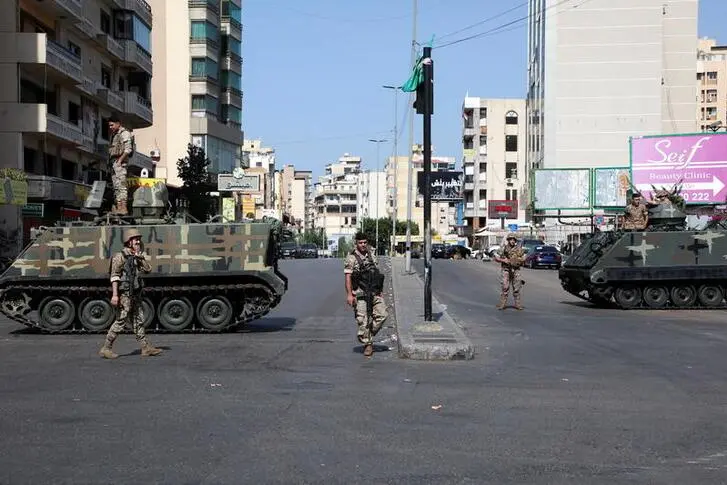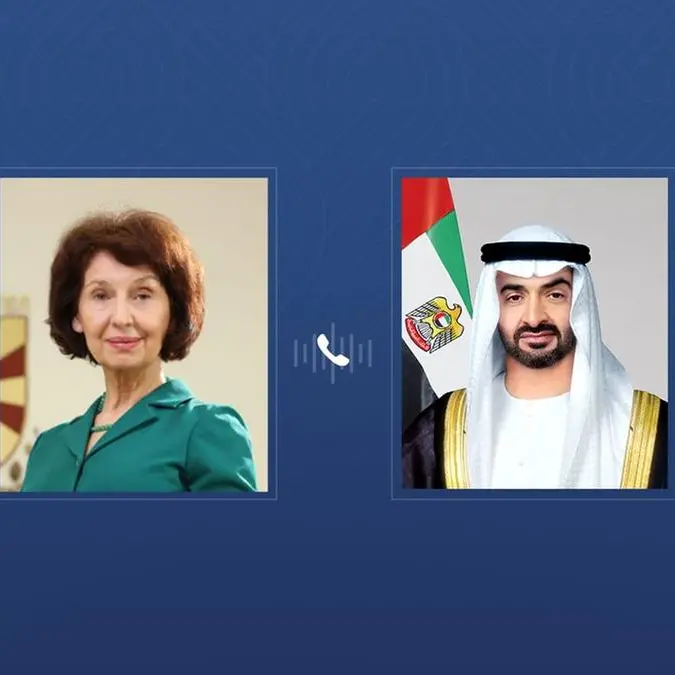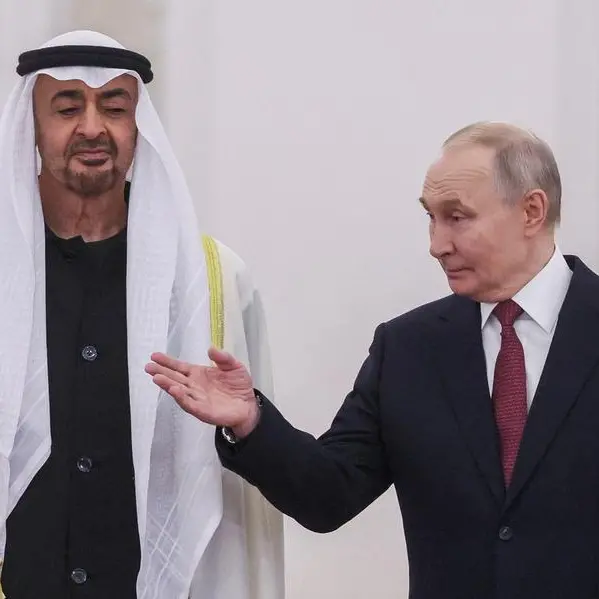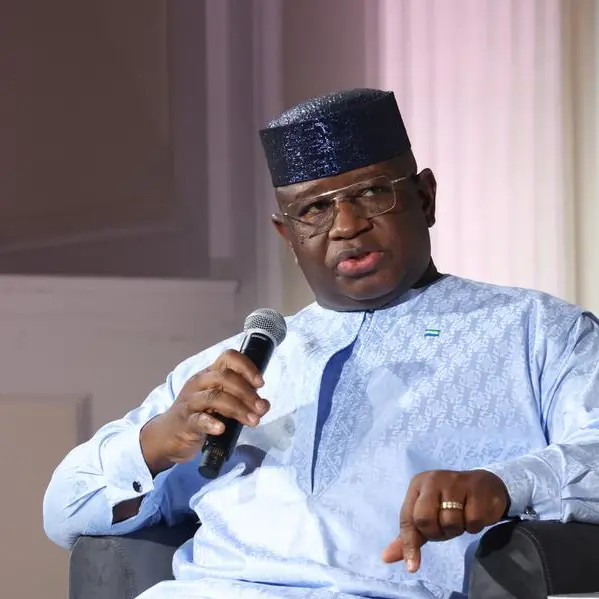PHOTO
Hezbollah is an artificial power. Despite what the Iranian-controlled organization projects, it is the product of a context. Throughout history, similar groups have risen in various parts of the world to serve a purpose and have then disappeared or transformed once that purpose was served. A sign of their coming demise is often when the lines between their proclaimed goals of justice and resistance become blurred with criminal activities or oppression. It is often the loss of their ideological compass that hastens their demise. When Hezbollah kills the innocent in Syria or when its so-called justified illegal activities for the purposes of resistance start creating drug barons, one knows that the context has already started to change.
Unfortunately, too many of these artificial powers have been created in the Middle East, particularly in Lebanon. They have brought nothing but misery and chaos to the country. They have used fake ideologies to ruthlessly kill the innocent. After all this misery, they disappear or become skeletons. How many of them have served the purpose of the Syrian regime and functioned as mighty powers, only to become stuffed resistance fighters? Nothing has changed.
It is also always a scenario of asymmetry. Not only asymmetric warfare, which Hezbollah carries out for the mullahs in Tehran, but also an asymmetric political balance. Iran benefits not only from the growing confrontation between the US and Russia, but also from the West’s eagerness to lock in a new nuclear deal. This has allowed Hezbollah to rule unbothered in Lebanon. But this context of asymmetry will not last forever. And so, those who believe that this organization will rule in Lebanon are mistaken. Whether due to a grand geopolitical bargain or a political change (not regime change) in Iran to ease the pressure in the streets, Hezbollah’s artificial power will not last forever.
Unfortunately, the regime in place in Lebanon seems to nurture this asymmetry and harvest it every geopolitical season. It is a regime that is ruled by Hezbollah and promotes the corruption of all other political powers. It was a grave political mistake to collaborate and allow the group to use the state as a front to shield its destructive activities. The current Lebanese constitution allows and encourages this chaos. The constitution has failed and only favors this rotten deal-making. This needs to change.
Keeping Lebanon within the current political framework is heresy. This sectarian, centralized political power-sharing construction has been a recipe for disaster. There is a famous political formula that states “no victor and no vanquished,” but Lebanon and its people have been left as the vanquished. Indeed, the current political framework empowers deal-making among political leaders at the expense of the Lebanese people. Even those who declare their opposition to Hezbollah are making deals backstage. It is simple hypocrisy.
Therefore, Lebanon needs a bottom-up approach. It needs to align with the DNA of its people and their needs. It can do this by offering more power to its regions and districts as opposed to full authority for a centralized state. Reality clearly screams that the current state no longer exists. It cannot provide healthcare, security, food supply chains or electricity and it is trying to strip people of their dignity. It can no longer even maintain its embassies and must resort to donations. What is there left to save besides the people?
The only way to save the people is with a completely new state. Therefore, the Lebanese should mobilize for a new constitution — one that gives birth to the Federal Republic of Lebanon. This must be the only demand of the Lebanese people. There needs to be a complete change and this can only mean a new political system and a new constitution. Lebanon needs a constitution that builds a parliamentary democracy that legally guarantees the freedom and equality of all citizens. It must build a political system that allows the Lebanese to decide, at the level of their own district, on key matters such as policing and education.
Let us be realistic, the upcoming parliamentary elections will not change a thing. Have they made a difference in the past two decades? They are a distraction and will keep empowering the same clans. And, whatever the outcome, Hezbollah will keep ruling them all and destroying what little is left of the state. This is also why the demand for a referendum on the federation would send a stronger message than any parliamentary elections.
In addition, the Lebanese need to admit they cannot move away from their sectarian leadership. When things heat up, every single one goes back to their own clan, thus enabling once again the vicious circle of deal-making among their leaders. There is a need to accept this truth. This also means the need to reject the current artificial political system that offers the illusion of safety. This demands courage. A federation is the solution that will break the vicious circle, as it will be able to accommodate the country’s diversity.
The context of asymmetry that benefits Hezbollah will not last forever. But the Lebanese cannot stay idle while waiting for these changes to happen. They must prepare for change and act now to transform their country. This can only start with a demand for the Federal Republic of Lebanon.
- Khaled Abou Zahr is CEO of Eurabia, a media and tech company. He is also the editor of Al-Watan Al-Arabi.
Copyright: Arab News © 2022 All rights reserved. Provided by SyndiGate Media Inc. (Syndigate.info).





















